The Nabadiganta Industrial Township Authority (NDITA) has announced that it will carry out an intensive fire safety audit across all commercial buildings located in Sector V, a major IT and business hub in Kolkata. This move comes in response to a series of recent fire incidents and reported lapses in compliance with fire safety norms in and around the area.
This planned initiative follows the actions already taken by the New Town Kolkata Development Authority (NKDA), which began inspecting commercial properties in New Town earlier this year. Both governing bodies are working independently but share the objective of improving fire preparedness and regulatory compliance across commercial zones.
According to NDITA officials, although fire safety audits are typically conducted at regular intervals, recent events have underscored the need for a more detailed and comprehensive assessment. The objective of this initiative is to not only verify the existing safety infrastructure in these buildings but also to identify deficiencies and issue recommendations for corrective actions.
There are around 250 office buildings in Sector V, which together house close to 1,500 companies, ranging from multinational IT firms to domestic start-ups and service providers. NDITA had conducted a fire audit on 204 of these buildings last year, and the results were communicated to each building owner. The purpose of sharing these findings was to encourage timely improvements and ensure compliance with prescribed fire safety norms.
However, follow-up checks have revealed that some establishments have not adequately addressed the issues flagged in the earlier audits. In a recent enforcement action, NDITA issued stop-operation notices to nine rooftop restaurants in Sector V. These notices were based on what officials described as "grave anomalies" in fire safety infrastructure and procedural non-compliance. This included missing or non-functional fire alarms, inadequate escape routes, and failure to maintain equipment.
The new audit will involve a thorough inspection of fire detection systems, extinguishing infrastructure, evacuation plans, and emergency exits in each building. Additionally, the audit teams will check whether the firefighting equipment is properly installed, easily accessible, and regularly maintained. Officials stated that the audit would also examine the presence of clear signage, accessibility of staircases, and adequacy of emergency lighting.
One of the key challenges identified is related to road access for emergency vehicles, especially fire tenders. In several parts of Sector V, roadways have become congested due to unregulated roadside parking and encroachment by temporary stalls. Specific stretches flagged for concern include the road from Godrej Waterside to College More, Webel More, and areas around the RDB Boulevard Mall. In these locations, narrow lanes and obstacles may prevent fire engines from reaching the scene of an emergency in a timely manner.
An IT sector executive based in the area confirmed that congestion is a common issue and added that ensuring unobstructed access for emergency services must be a priority. In response, NDITA is reportedly working on a strategy to minimize on-street parking through the development of alternative parking arrangements and designated no-parking zones.
According to Kalyan Kar, Vice-President of the Sector V Stakeholders’ Association, fire safety has become a pressing issue due to the significant rise in daily footfall in the area. He noted that approximately 200,000 employees work in Sector V on a regular basis, leading to increased pressure on infrastructure and emergency systems. Kar emphasized that comprehensive and timely fire audits are essential for the safety of both personnel and physical assets.
Officials also mentioned that the current audit initiative is not limited to enforcement but aims to encourage a more proactive safety culture. All findings will be shared with stakeholders, and building management teams will be expected to carry out the required improvements within stipulated timeframes. Continued non-compliance may lead to penalties or operational restrictions.
Image source- anandabazar.com

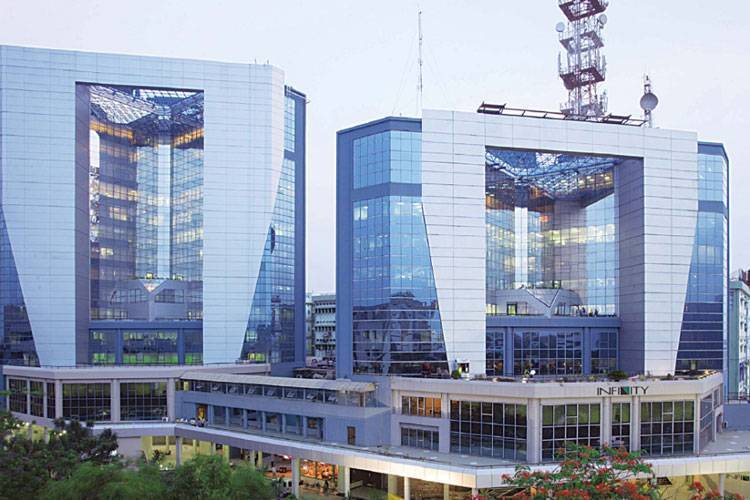
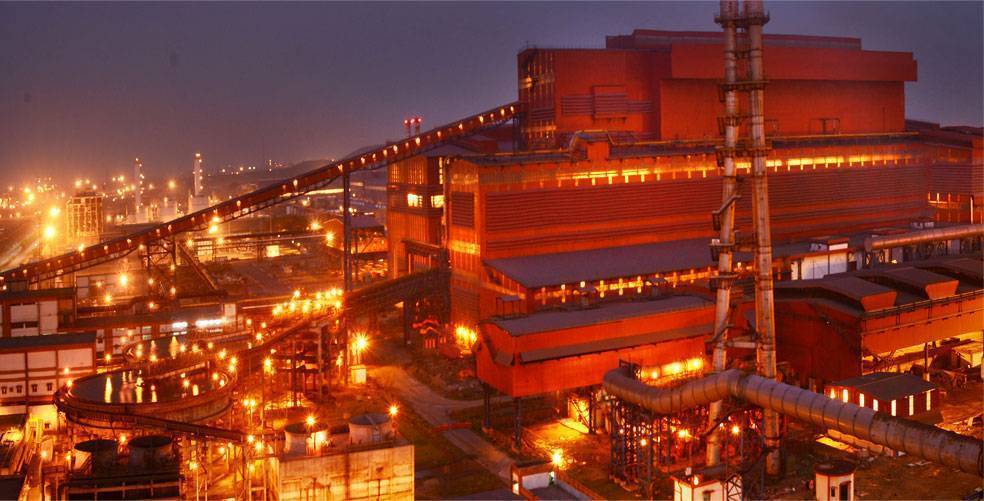
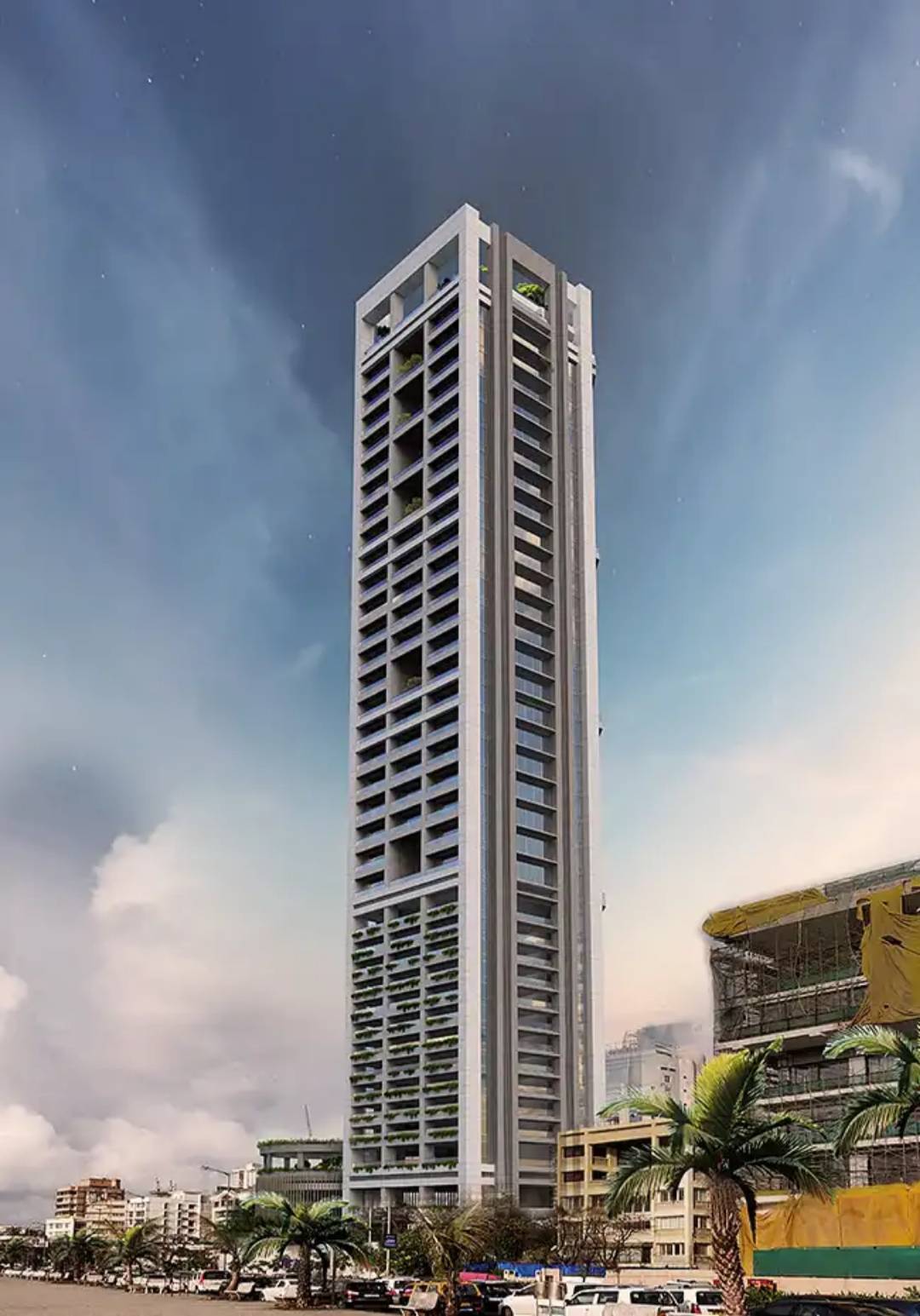
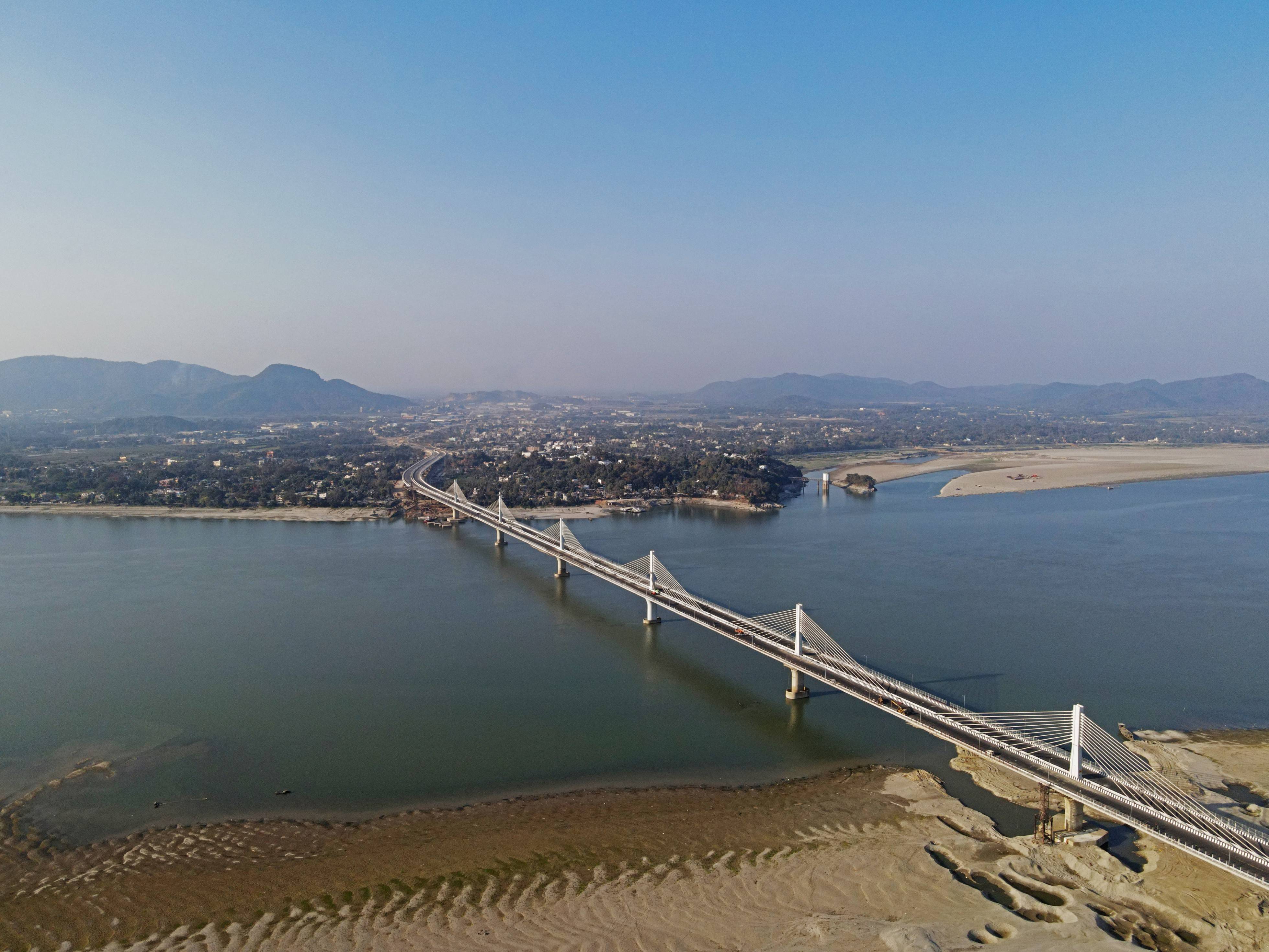



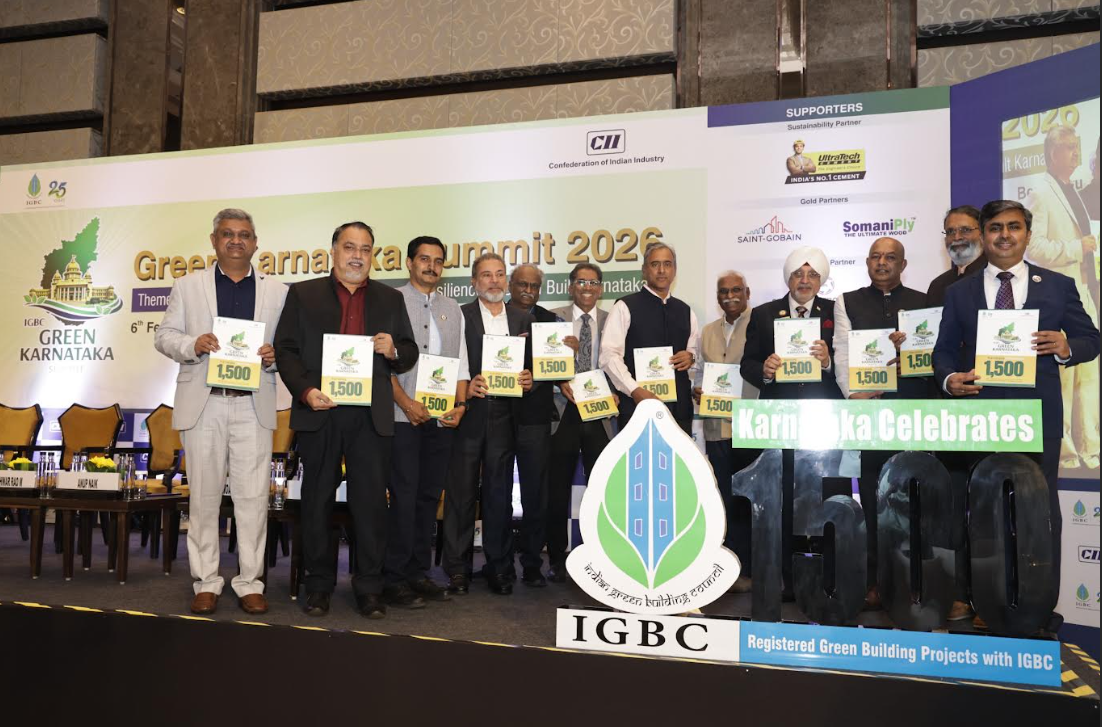
.png)